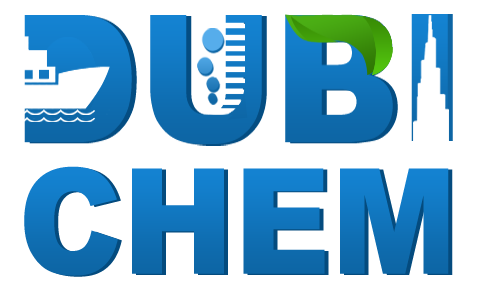Propylene Glycol (1, 2-propanediol) is an organic compound (a diol alcohol), usually a tasteless, odorless, and colorless clear oily liquid that is hygroscopic and miscible with water, acetone, and chloroform. It is manufactured by the hydration of propylene oxide. Propylene glycol is used as a solvent for intravenous, oral, and topical pharmaceutical preparations It is generally considered safe.Propylene glycol toxicity includes the development of serum hyperosmolality, lactic acidosis, and kidney failure. It has been suggested that proximal tubular necrosis is the cause of acute kidney injury from propylene glycol. Along these lines, proximal tubular cell injury occurs in cultured human cells exposed to propylene glycol. Acute tubular necrosis was described with propylene glycol toxicity in a case of concomitant administration of intravenous lorazepam and trimethoprim-sulfamethoxazole.Propylene glycol is a synthetic liquid substance that absorbs water. Propylene glycol is also used to make polyester compounds and as a base for deicing solutions.Propylene glycol is used by the chemical, food, and pharmaceutical industries as an antifreeze when leakage might lead to contact with food. The Food and Drug Administration (FDA) has classified propylene glycol as an additive that is “generally recognized as safe” for use in food. It is used to absorb extra water and maintain moisture in certain medicines, cosmetics, or food products. It is a solvent for food colors and flavors and in the paint and plastics industries. Propylene glycol is also used to create artificial smoke or fog used in fire-fighting training and in theatrical productions.
Forty-five percent of propylene glycol produced is used as chemical feedstock for the production of unsaturated polyester resins. In this regard, propylene glycol reacts with a mixture of unsaturated maleic anhydride and isophthalic acid to give a copolymer. This partially unsaturated polymer undergoes further crosslinking to yield thermoset plastics. Related to this application, propylene glycol reacts with propylene oxide to give oligomers and polymers that are used to produce polyurethanes.Propylene glycol is used as a humectant (E1520), solvent, and preservative in food and for tobacco products. It is also one of the major ingredients (<1–92%), along with glycerol, of the e-liquid and cartridges used in electronic cigarettes where it is aerosolized in the atomizer. Propylene glycol is also used in various edible items such as coffee-based drinks, liquid sweeteners, ice cream, whipped dairy products and soda.
We have ready stock of all material in our Fujairah plant and can also deliver the material with quick and prompt service.
Our products are fast running products as it is non-hazardous and long-lasting.
We can provide various packaging chemicals as per Customer requirement also we take of bulk orders.
Dubichem chemicals international is a leading supplier, manufacturer and exporter of Propylene Glycol in Dubai, Ajman, Abu- Dhabi, Sharjah, Fujairah, Turkey, Saudi Arabia, Qatar, Kuwait, United Arab Emirates, Oman ,Iraq, Iran, Singapore, Malaysia, Indonesia, Lebanon, Greece, India, Sudan, Ghana, Madagascar, Kenya, Nigeria, Zimbabwe, Uganda, Ethiopia, Namibia, Mauritius, South Africa ,Europe & Globally for any queries mail us at Dubichem@gmail.com and for more related products visit www.dubichem.com
